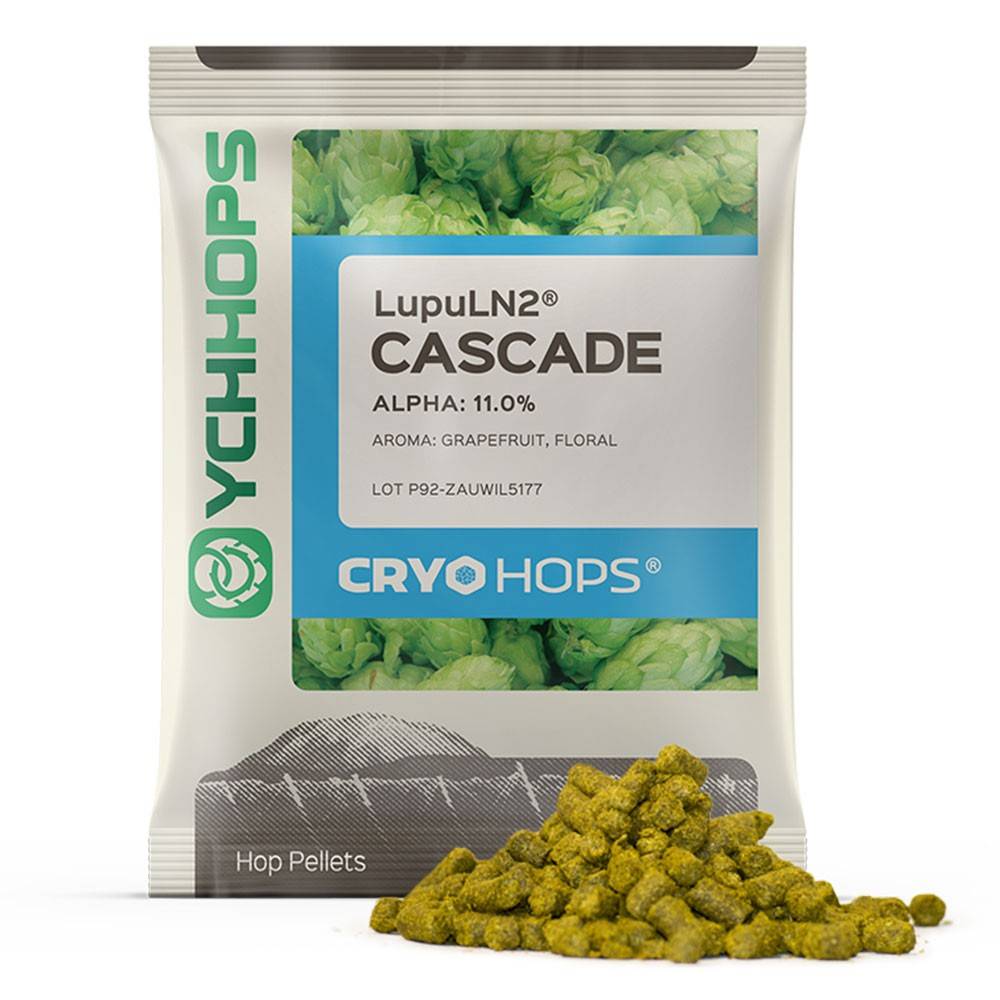- Joined
- Apr 18, 2006
- Messages
- 16,779
- Reaction score
- 5,916
Trifecta is based off a commercial hot side Antioxidant called antioxin SBT by AEB . It is specifically made for commercial brewery HSA mitigation. It is only available to professionals, so I got some. I then reverse engineered the formula for the community. It's 45/45/10 Kmeta, AA, and gallotannins. Thats a good place to start but the beauty of knowing the %'s is that unlike the commercial version, YOU can tailor the percentages you see fit.
Die_Beerey,
Thanks for the correction on the formulation. I use the spreadsheet that I got from Nate.
Its linked above for anybody just starting out. Post#1.
Last edited:


















![Craft A Brew - Safale BE-256 Yeast - Fermentis - Belgian Ale Dry Yeast - For Belgian & Strong Ales - Ingredients for Home Brewing - Beer Making Supplies - [3 Pack]](https://m.media-amazon.com/images/I/51bcKEwQmWL._SL500_.jpg)
























